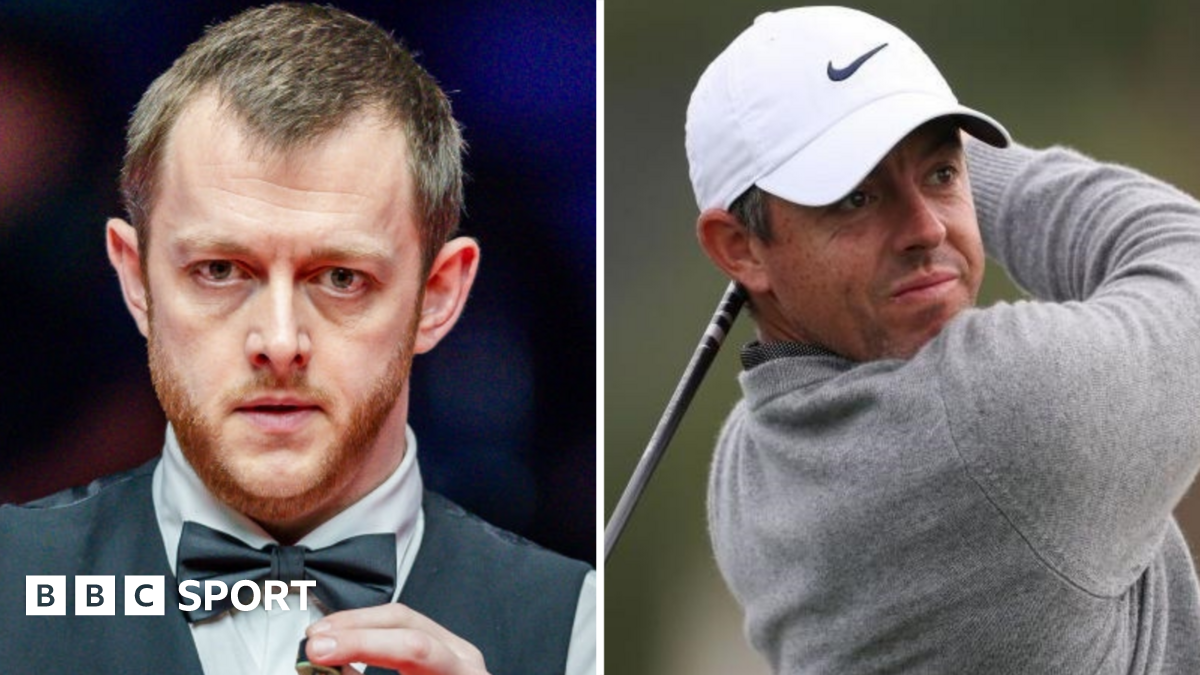Norris Reflects on Competitive Race at Suzuka, Hints at Future Strategies

In a reflective interview following the Japanese Grand Prix, McLaren driver Lando Norris expressed his thoughts on the race, stating that in retrospect, the qualifying session played a pivotal role in determining the overall outcome. Despite McLaren’s impressive performance during practice sessions leading up to the race, it was reigning champion Max Verstappen who ultimately claimed pole position, marking his 41st career pole and showcasing Red Bull's enduring dominance.
While both Norris and his teammate, Oscar Piastri, exhibited a strong start, Verstappen maintained his lead, leaving the McLaren duo unable to mount significant pressure in the early stages of the race. The Suzuka circuit, known for its challenging overtaking conditions, limited their ability to capitalize on their competitive pace.
During the only round of pit stops, McLaren found itself in a strategic duel against Red Bull. Piastri was the first to pit, hoping to gain an advantage with an undercut strategy, but this plan fell short as he remained behind Norris after their stops. Norris recalled a tense moment when he nearly seized the lead in the pits, but Verstappen’s determination forced him to run across the grass, a testament to the fierce competition.
Ultimately, McLaren finished the race with a commendable second and third place, further solidifying their position in the championship standings. Norris rated his performance as 'tough,' acknowledging the difficulty of overtaking at Suzuka. He noted, “I could see Max quite clearly for the whole race, but just couldn't make any inroads from that point onwards. His clean air was enough to keep him at the front.”
When pressed about the strategies employed during the race, Norris highlighted the importance of qualifying positions. “We always kind of know the better position you start, the more chance you have of winning,” he explained, adding that while their race pace was strong, it wasn’t sufficient to overcome the challenges posed by dirty air and the limitations of the circuit.
Reflecting on McLaren's strategy decisions, Norris suggested that different tactics might have yielded better results. “We planned several strategies beforehand, but hindsight is a wonderful thing,” he admitted. “We could have tried going longer or earlier with the pit stops, yet these decisions come with risks, such as potential Safety Cars that could jeopardize our position.” He emphasized the complexity of race strategy, acknowledging the challenge of making the right call in the heat of the moment.
An incident near the end of the pit lane, where Norris had a close encounter with Verstappen, underscored the high-pressure environment of Formula 1 racing. Norris remarked on the efficiency of the pit crew, stating, “I wasn't even trying to race Max. I was just trying to cut the grass! I didn’t even know he was there. He had the position, and fair play to him.”
Looking ahead to the next race at the Bahrain Grand Prix, Norris expressed concerns about how the circuit's slow-speed corners might affect McLaren's performance against their rivals. “It’s always so difficult to say. After today, our weakness was the slow-speed compared to them,” he noted, indicating the need for McLaren to adapt their strategies as they head into upcoming races. “Clearly, they're quick, and Max is doing a good job. I expect him to be challenging us every weekend.”



























